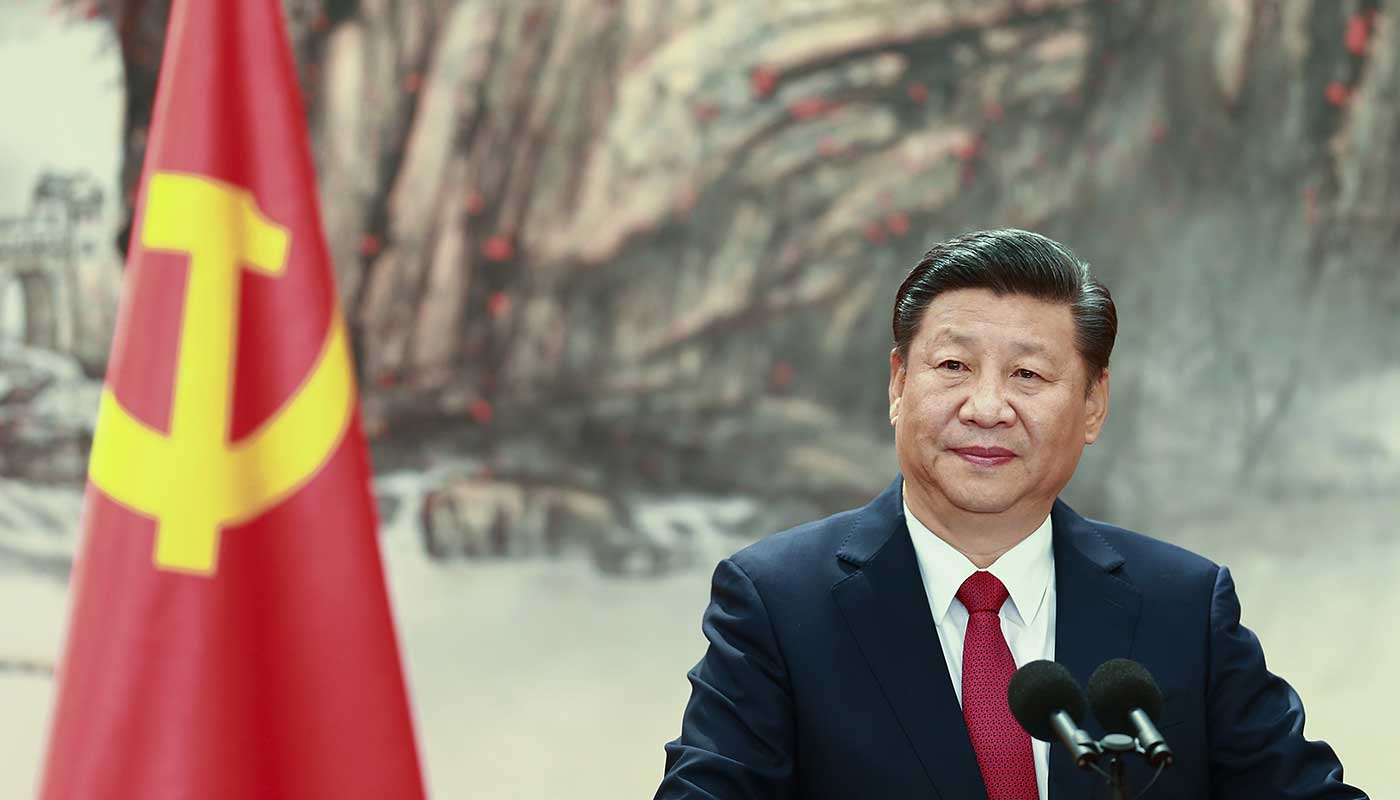
China to scrap term limits, extending xi jinping's reign
- Select a language for the TTS:
- UK English Female
- UK English Male
- US English Female
- US English Male
- Australian Female
- Australian Male
- Language selected: (auto detect) - EN
Play all audios:

The Chinese Communist Party has unveiled plans to change China’s constitution, removing a term-limit on the country’s presidency. According to China’s official Xinhua news agency, the
proposal from the party’s 205-member central committee would scrap rules limiting the president and vice-president to “no more than two consecutive terms”. The change would mean that
President Xi Jinping, “already considered the country’s most dominant since Mao Zedong”, says The Guardian, could extend his presidency beyond 2023, and potentially remain in power for life.
SUBSCRIBE TO THE WEEK Escape your echo chamber. Get the facts behind the news, plus analysis from multiple perspectives. SUBSCRIBE & SAVE SIGN UP FOR THE WEEK'S FREE NEWSLETTERS
From our morning news briefing to a weekly Good News Newsletter, get the best of The Week delivered directly to your inbox. From our morning news briefing to a weekly Good News Newsletter,
get the best of The Week delivered directly to your inbox. The move is a “momentous break with decades-old rules” put in place to stop China from “returning to the days when Mao was shown
cultish obedience”, says The New York Times. Willy Lam, a political analyst at the Chinese University in Hong Kong, told Time magazine: “Xi Jinping has finally achieved his ultimate goal
when he first embarked on Chinese politics - that is to be the Mao Zedong of the 21st century.” The change in the rules was foreshadowed in October last year, when President Xi declined to
name a younger successor to the presidency during the Communist Party’s 19th Congress. Since the Communist Party “allows no opposition parties and suppresses dissenting political voices”,
says the ABC, the proposal is likely to be passed by China’s “rubber-stamp Parliament” in early March. Explore More In Brief Xi Jinping
